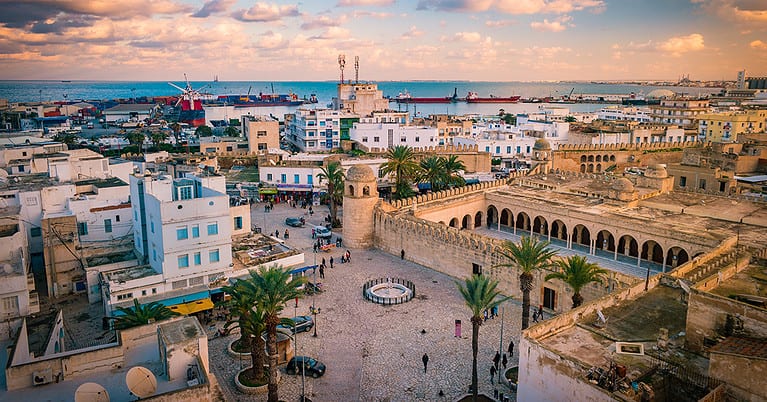
Emerging & Frontier Markets
Tunisia: Seeking FDI
Tunisia offers opportunities for foreign direct investors, but it might be better to wait.
Global news and insight for corporate financial professionals
Join the global community of corporate and public-sector finance industry leaders reading Global Finance monthly in print.
Click Here
Emerging & Frontier Markets
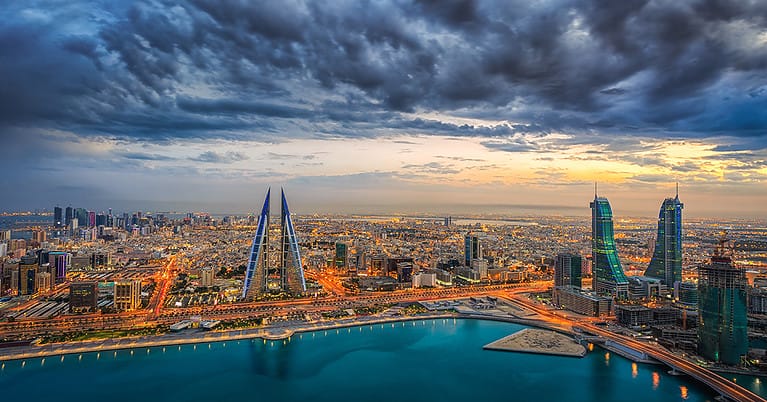
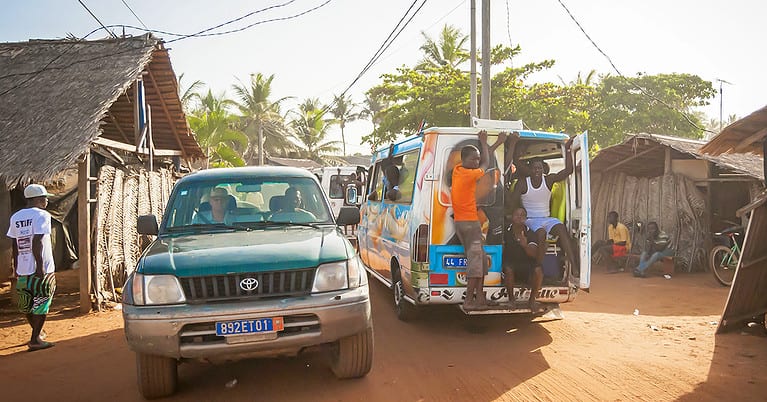
Emerging & Frontier Markets
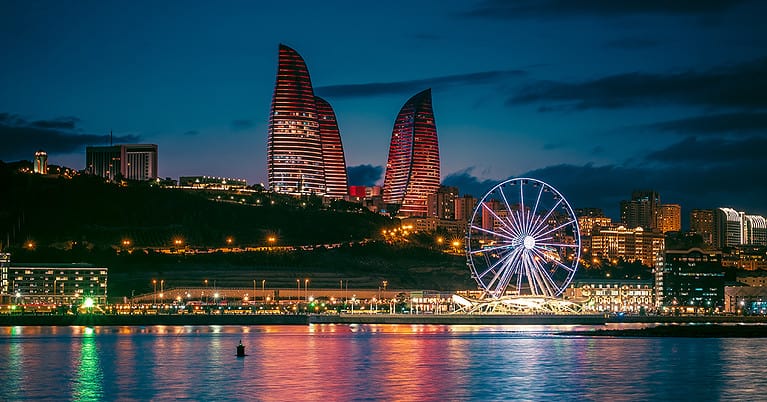
Emerging & Frontier Markets
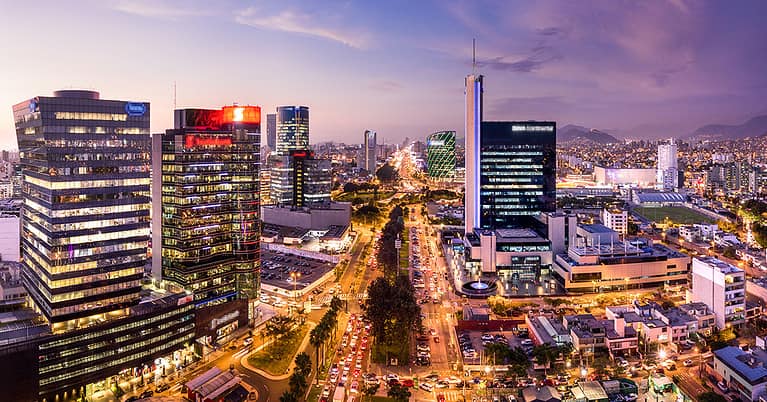
Emerging & Frontier Markets
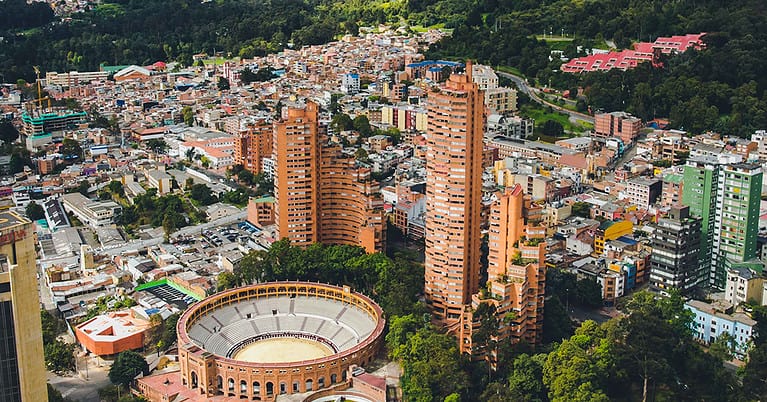
Emerging & Frontier Markets
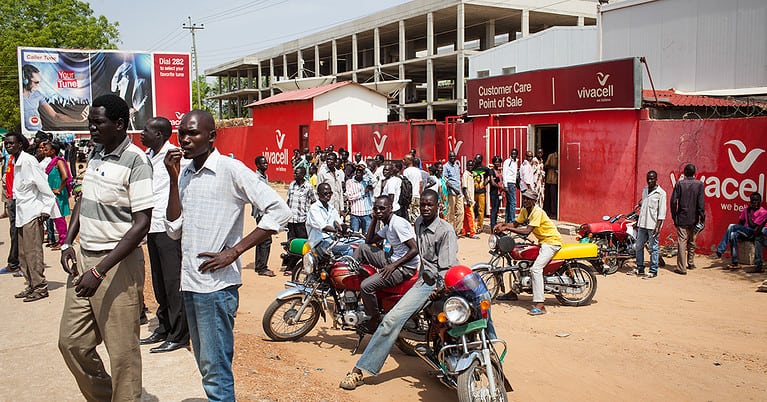
Emerging & Frontier Markets
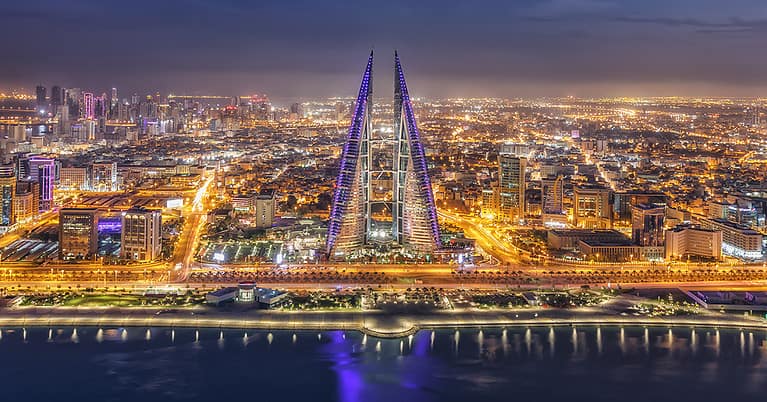
Emerging & Frontier Markets
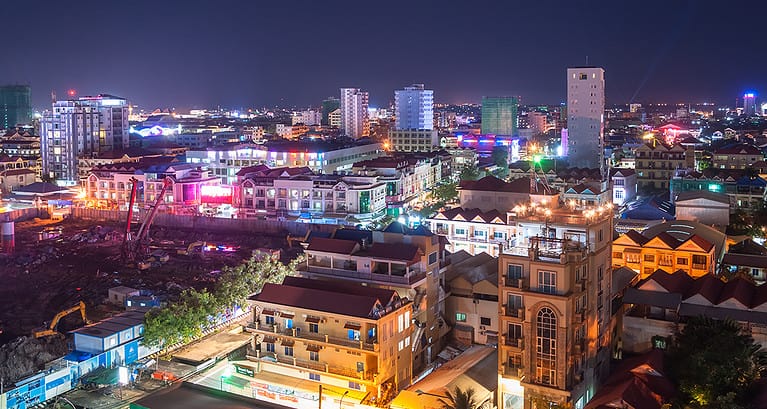
Emerging & Frontier Markets
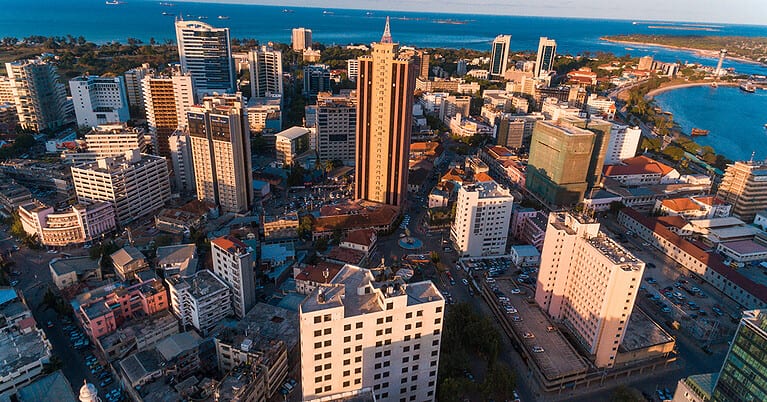
Emerging & Frontier Markets
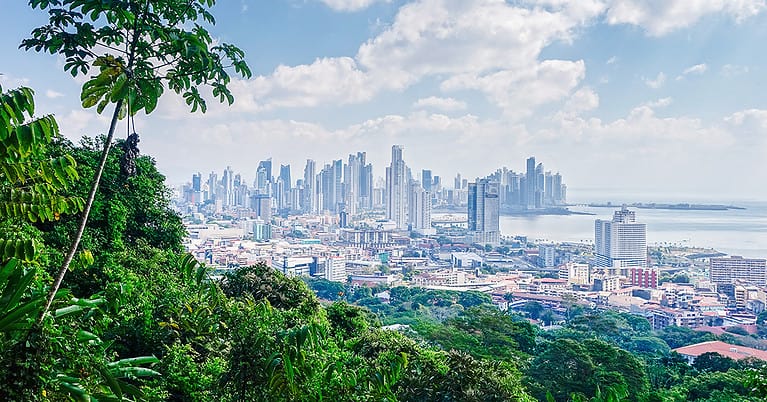
Emerging & Frontier Markets
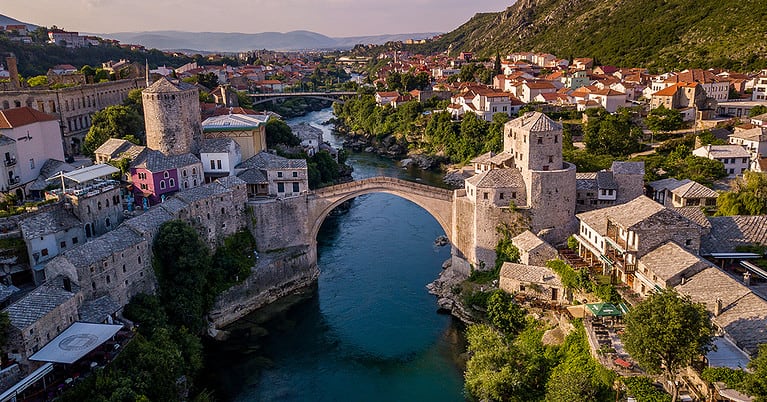
Emerging & Frontier Markets